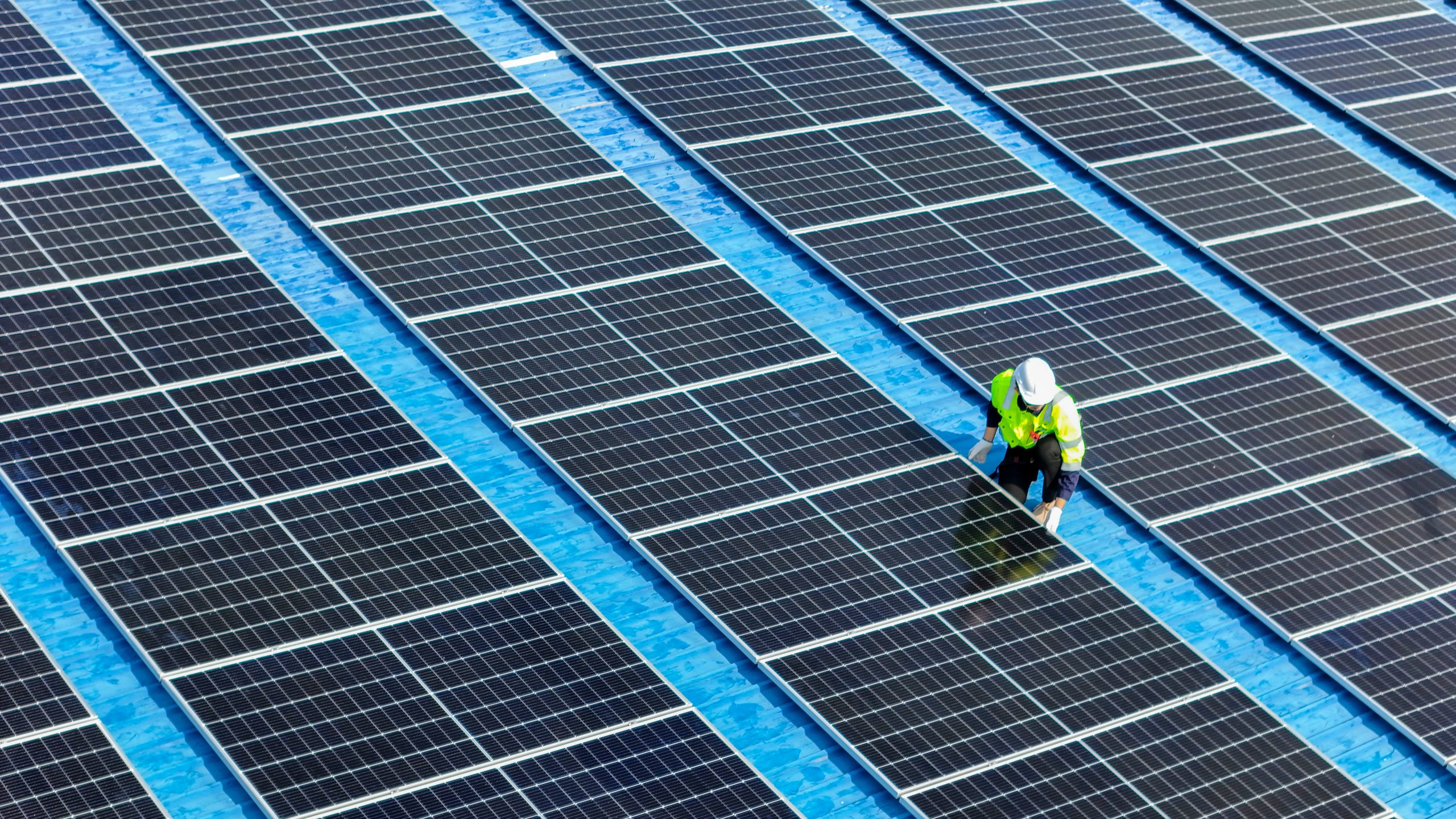
Private equity investments in green energy transition plagued by dangerous working conditions, reliance on unstable jobs
August 29, 2024
A new report released by the Private Equity Stakeholder Project (PESP) reveals that private equity investments in the green energy sector – particularly in solar and wind projects – are rife with hazardous working conditions and low-wage, unstable jobs. “A Dark Side to Green Energy: Private Equity Risking the Future Economy by Neglecting Renewable Workers” examines how private equity firms Blackstone and American Securities are playing a role in degrading the stability and sustainability of wind and solar jobs by relying on subcontracting and temporary work agencies to staff renewable energy projects. Private equity’s objectionable labor practices could be threatening energy transition jobs and the future of the green economy. As the renewable energy sector surges, this influx of private capital comes with a stark warning for workers and investors alike.
As the impacts of climate change become increasingly extreme and costly, the growth and sustainability of renewable energy jobs is becoming more essential than ever. PESP research has shown that employees at private equity-owned staffing agencies contracted by solar and wind energy projects endure poor compensation and benefits, grueling working conditions, and insufficient training for dangerous projects. While 10-12% of the fossil fuel industry is unionized, only 4% of solar workers are members of a union that could offer protection against such practices.
The report calls attention to problematic labor practices of two such private equity-owned renewable providers and the conditions faced by their employees: Blackstone-owned staffing service Tradesmen International and American Securities-owned solar firm Solv Energy, the largest solar contractor in the U.S.
While under Blackstone ownership, Tradesmen International had a number of OSHA and wage and hour violations, as well as alleged unfair labor practices under the National Labor Relations Act. Solv Energy, which builds and operates solar projects, has also been criticized for its labor practices, as well as those of its subcontractor, including numerous OSHA violations, allegations of unfair labor practices, and accusations of using out-of-state workers to lower employment standards. Notably, Solv has been contracted to build a $1.2 billion solar development owned by The Carlyle Group in Arizona.
“Working for a temp agency for myself, is almost what I would imagine playing Russian roulette would be like,” said Felicia Allen, who has worked for multiple solar energy companies in Ohio. “At will employment, with no explanation of why they fired you. No job protections. A temp agency might dispatch you to a site thousands of miles away from home, just to get there and no longer be needed, and the travel and hotel expenses are on you. Could you imagine spending the last bit of money you have to pay for a hotel for two weeks until you get your first check, only to be told ‘we sent out too many people, and sorry you didn’t make the cut’ when landing on the site?”
“Private equity firms – which are currently investing billions in Big Oil – are greenwashing their reputations on the backs of underpaid and mistreated renewable workers,” said Justin Flores, Director of Labor-Jobs at PESP. “Investors and policymakers should be concerned by the lack of care firms like Blackstone and American Securities are showing in building the critical infrastructure of the future.”
The report calls for private equity firms to implement labor standards across their portfolios to better the working conditions of employees at their portfolio companies, including temporary workers staffing renewable projects. The report also advocates for private equity investors to enforce their own labor standards to mitigate investment risks posed by sustained labor disputes and legal challenges.
